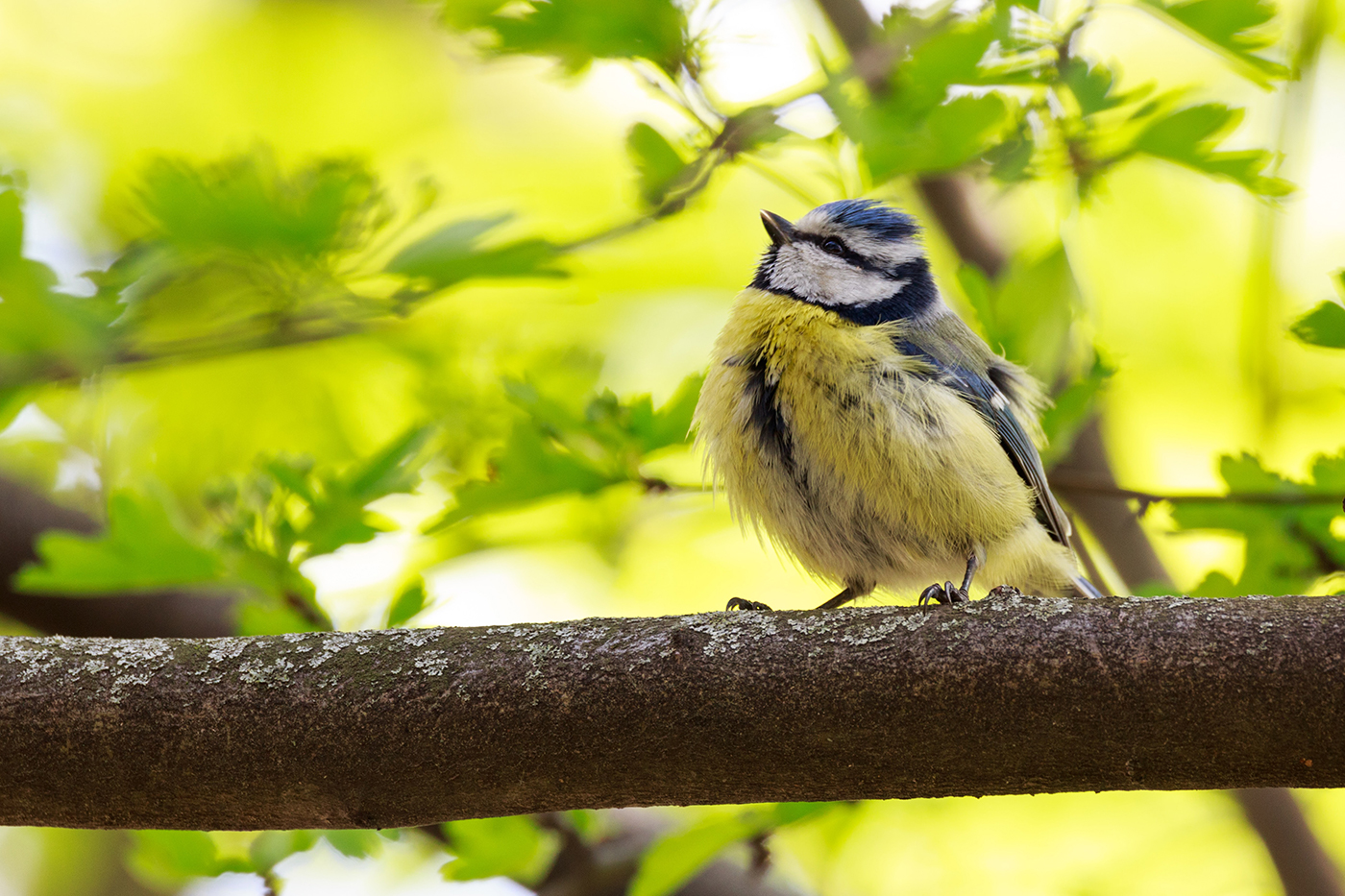
GLAPWELL OPENING HOURS - THU - MON 10-5 & STRETTON SHOWHOME OPEN - FRI - SUN 10-5

One of the great joys of owning a garden is knowing that you’re creating a habitat for wildlife. When you move into a new home you have the perfect opportunity to invite nature into your garden.
Introducing wild flowers creates a diverse and attractive habitat for wildlife, particularly insects such as butterflies and bees. When selecting plants, look out for the RHS ‘Plants for Pollinators’ bee logo. Native trees, such as crab apple, holly and hawthorn, also offer a wealth of seasonal food for all sorts of creatures.
Having insects in your garden will inevitably attract birds. There are few things in life that are as instantly relaxing as birdsong, assuming it’s not first thing in the morning! To make your garden even more bird friendly, consider hanging bird feeders and installing a birdbath. Water is important both for drinking and preening and is especially important in summer to help birds cool down. Water baths also help to remove dust, loose feathers and parasites from a bird’s plumage.
Another way to support our feathered friends is by installing nesting boxes. The most popular nesting box is a blue tit box with a hole 25mm in diameter. Robins and wrens prefer open fronted boxes and sparrows like to nest with neighbours in boxes that have three or more compartments.
Hedgehogs travel around one mile every night through parks and our gardens in order to find enough food and a mate. If you have an enclosed garden you might be stopping them from doing so. We can help out our prickly friends, making their lives a little easier, by creating small holes in or under garden fences for them to pass through.
Gardens of all sizes can accommodate water features. Water is essential to wildlife and it can become a breeding ground for so many creatures, from frogs and newts to dragonflies and water beetles. This also allows birds such as swallows and house martins to pick off insects from above the water surface.
By making just a few small changes you can increase the biodiversity in your garden without compromising the way it looks.
For a quick and effective response contact our friendly and experienced team.